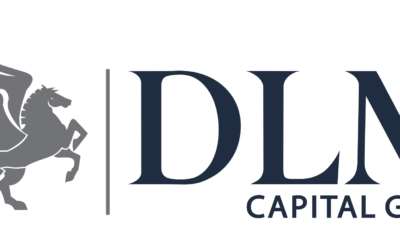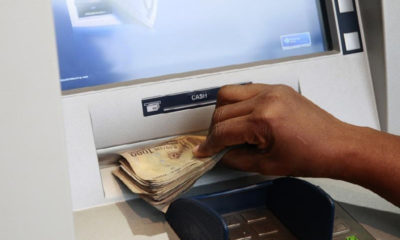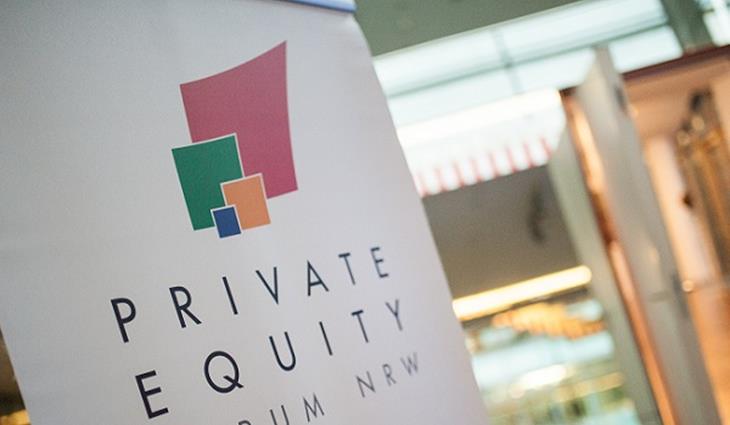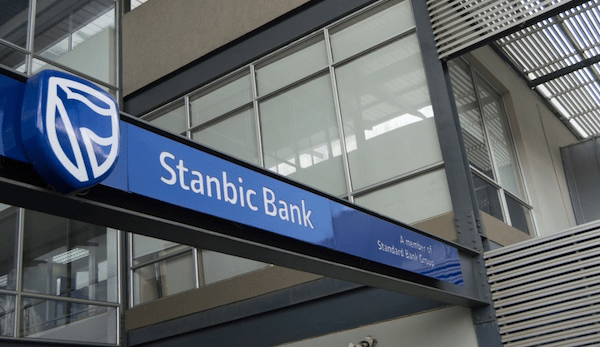Capital Market
DLM Capital Group Redeems its ₦1.24bn Series 1, ₦1.01bn Series 2 and ₦1.27bn Series 3 Commercial Paper Issues
Prominent financial institution, DLM Capital Group, has announced the maturity and successful redemption of its ₦1.24bn Series 1, ₦1.01bn Series 2 and ₦1.27bn Series 3 Commercial Paper Issues under its ₦20 Billion Commercial Paper Issuance Programme.
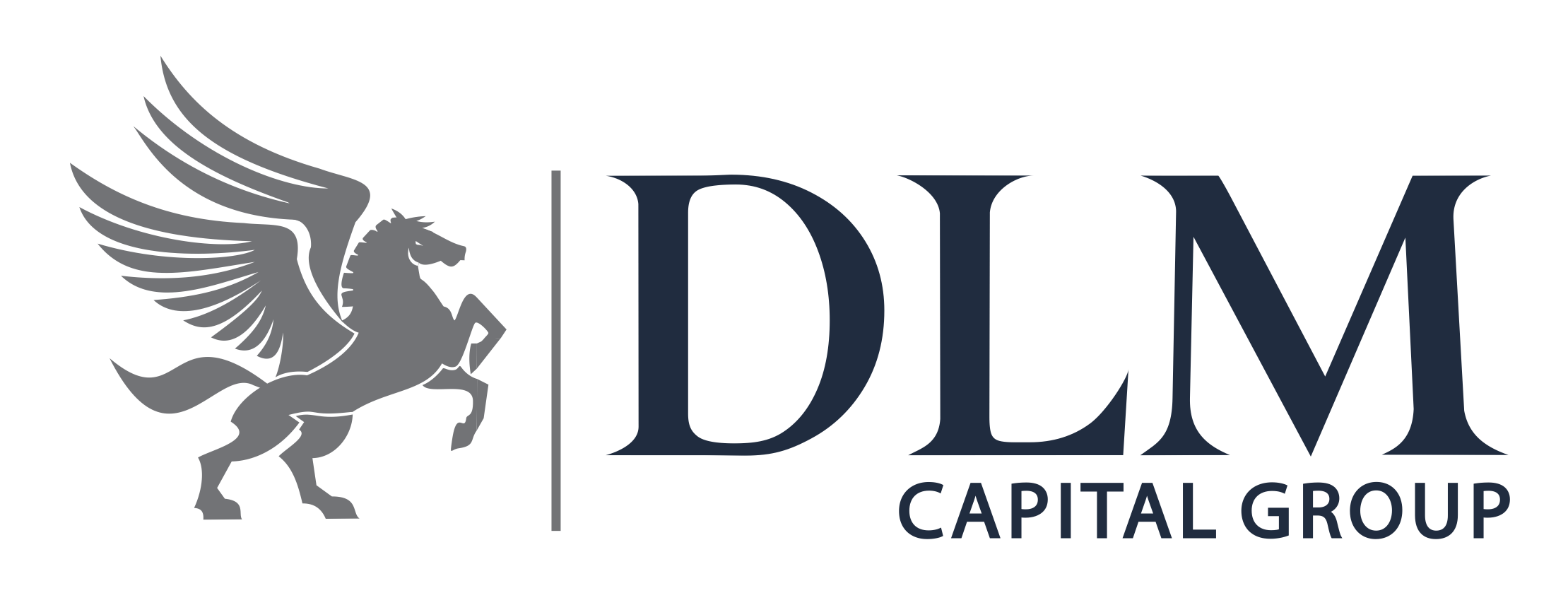
Capital Market
Fixed Income Market Turnover Sees 30.47% Decline Despite Bond Activity
Capital Market
Nigeria Leads Africa in Private Equity Deals, Records $2.59 Billion in Q1 2024
Capital Market
Stanbic IBTC Holdings to Raise N550bn Through Debt Issuance, Rights Issue
-

 Billionaire Watch3 weeks ago
Billionaire Watch3 weeks agoWarren Buffett Donates $5.3 Billion in Berkshire Shares to Charities
-



 Startups4 weeks ago
Startups4 weeks agoFormer Konga CEO Nick Imudia Dies by Suicide in Lagos Home
-



 News4 weeks ago
News4 weeks agoJoke Silva Quashes Death Rumors, Confirms Olu Jacobs is Alive
-



 News4 weeks ago
News4 weeks agoNorth Israel Turns Into Ghost Towns Amid Hezbollah Missile Barrage
-



 Bitcoin4 weeks ago
Bitcoin4 weeks agoBitcoin Slumps 13% in Q2, Prompting Investor Concerns
-

 Naira4 weeks ago
Naira4 weeks agoNigeria’s Foreign-Exchange Woes Intensify with Prolonged Naira Decline
-

 Forex3 weeks ago
Forex3 weeks agoNigerian Banks Face Sanctions for Rejecting Small and Old US Dollar Notes
-

 Treasury Bills4 weeks ago
Treasury Bills4 weeks agoCBN Treasury Bills Auction Oversubscribed by 338%, Raises N284.26bn


